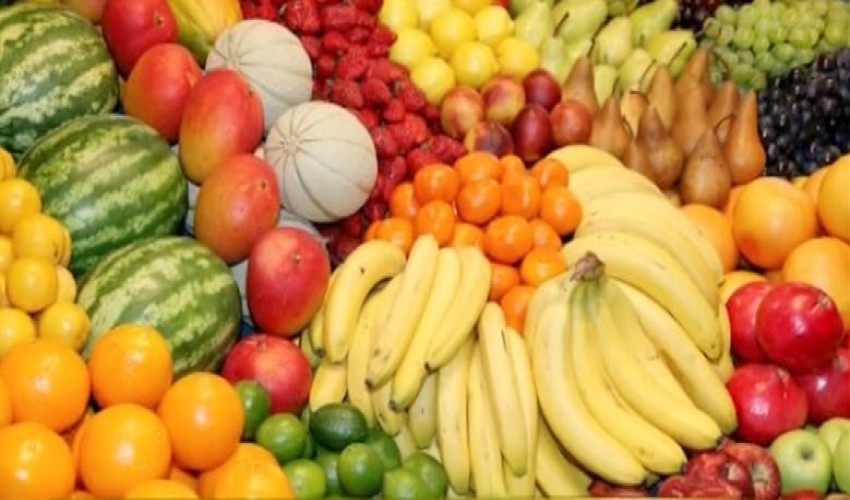During Ramadan, hungry individuals prefer to eat fruits between iftar and suhoor due to their significant benefits in strengthening the body’s ability to starve and alleviating daily thirst.
According to health experts, eating fruits during Ramadan is crucial because fruits offer essential minerals and vitamins. It is vital to stagger your fruit intake between iftar and suhoor, choosing the right kind for each meal to optimize the benefits.
Fruit helps to hydrate the body, fights fatigue after iftar, replenishes water lost during fasting, supplies the necessary sugars, suppresses hunger and thirst, strengthens the immune system and protects against infectious diseases.
Watermelon, oranges, grapes, and fresh or dried figs are recommended for iftar, while dates, bananas, and avocados are ideal for suhoor for their rich nutrient content that relieves stress, promotes endurance during fasting, promotes heart health, regulates blood pressure, and provides essential nutrients such as potassium, magnesium, folic acid, vitamin C and vitamin K.







